The nearest airport is the Shaheed Bhagat Singh International Airport, Chandigarh (India) which is approximately 18 km or a 25-minute drive time. The nearest railhead are Chandigarh City which is approximately a 9 km or 17-minute drive. Drive time from Delhi is around 04½ hours or 245 km approximately.
FHR Wilderness Lodge
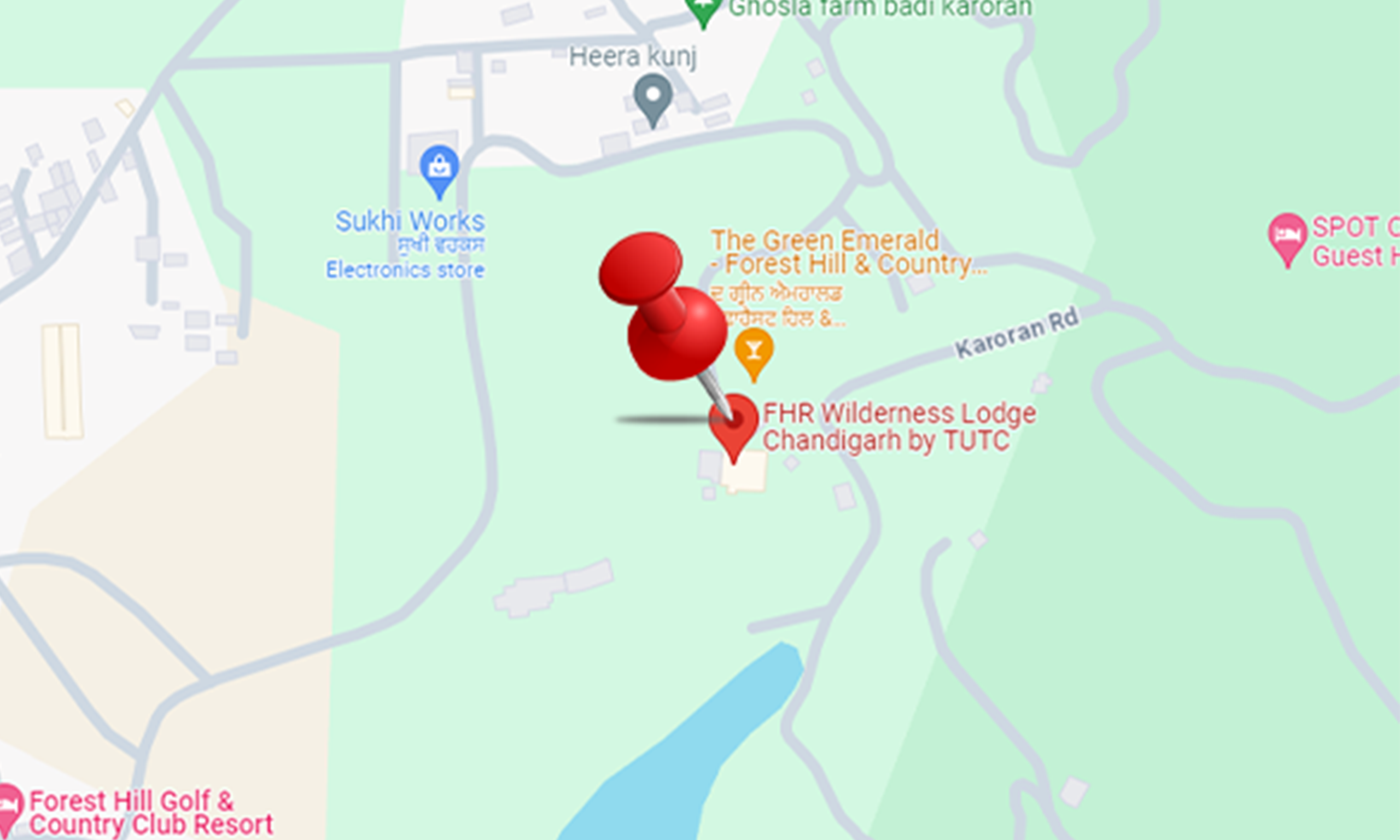
Location
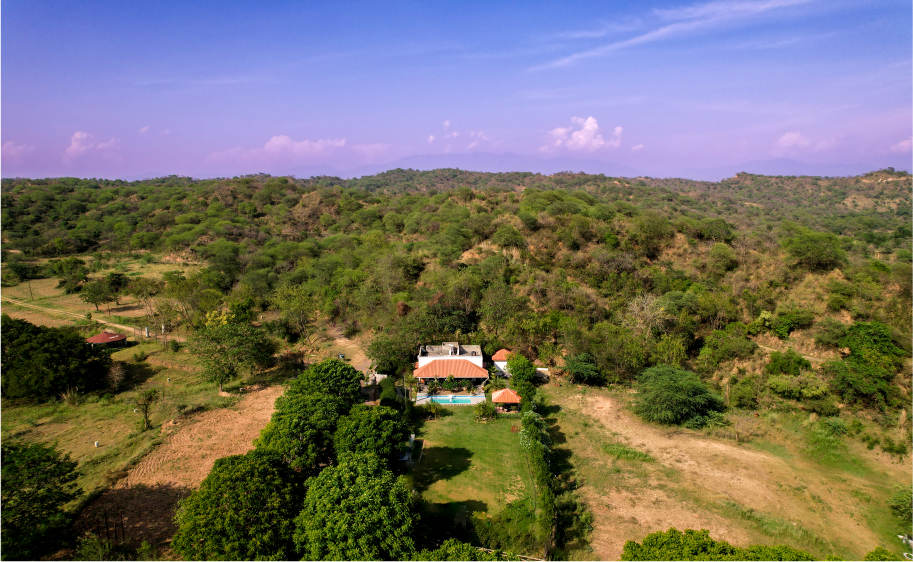
Things to know
- The resort is a 10-minute drive from Chandigarh city
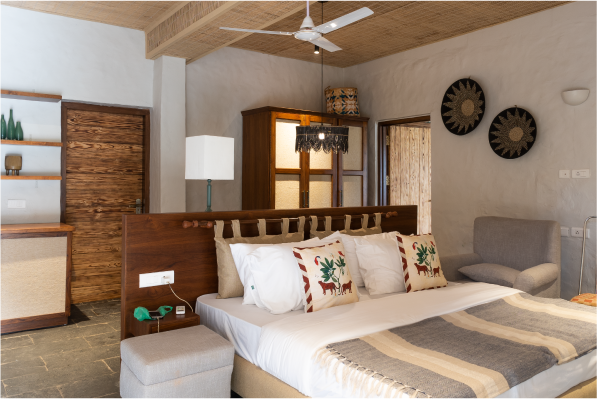
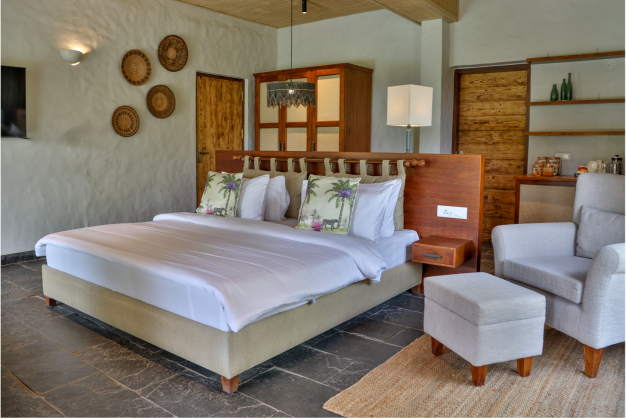
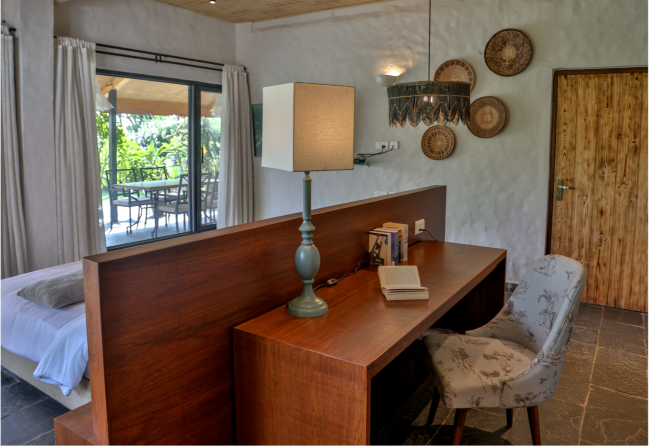
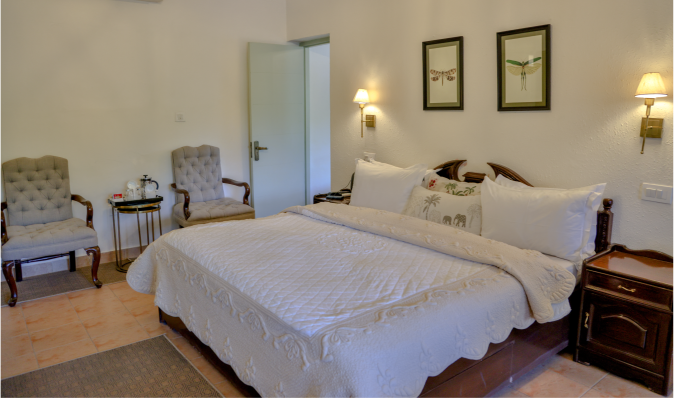
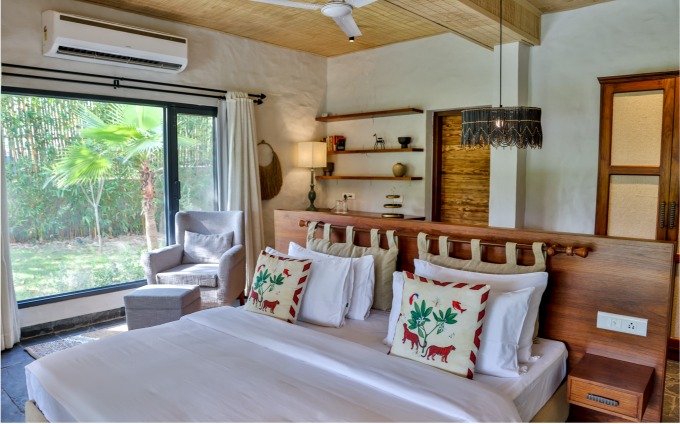
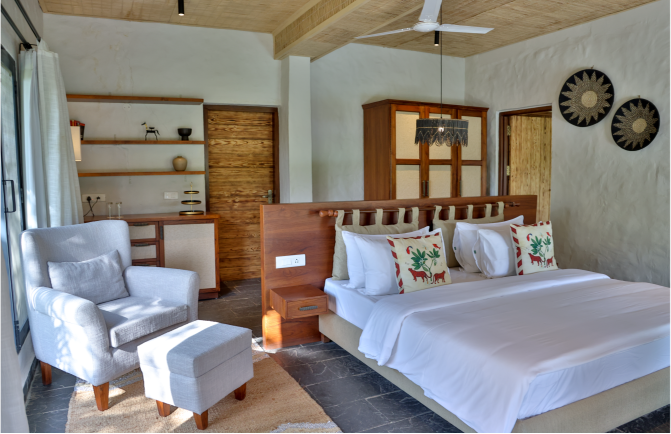
Rooms & Suites
The villas seamlessly blend opulent interiors and captivating exteriors within a forested haven. There are two categories, the one-bedroom Acqua Villas which command lake views, and the larger two-bedroom Acacia Villas with a private pool. All villas come with butler services, a private patio and lawn, en-suite bathrooms, and luxurious amenities.
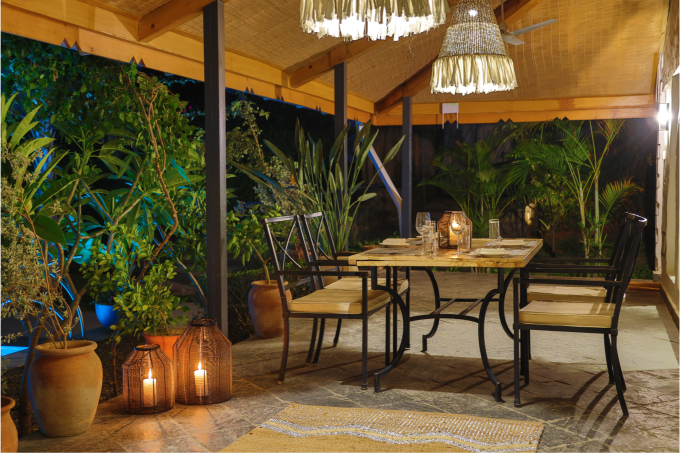
Restaurants & Bars
The clubhouse features a restaurant and bar that serves multi-cuisine options featuring local and international favourites. Menus are curated in accordance with the guests ‘dietary preferences and fixed accordingly for each course of meal on a daily basis as opposed to being offered as a buffet.
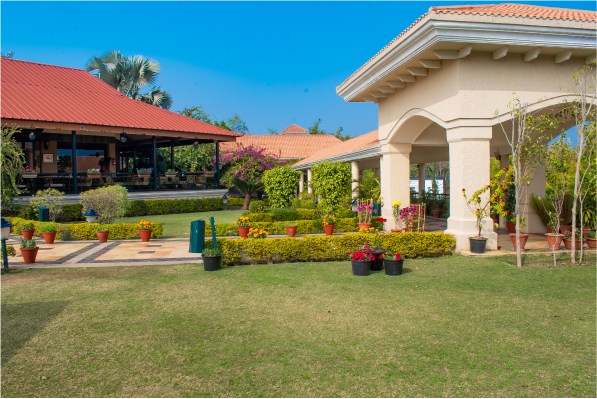
Spa & Wellness
Spa services will commence shortly.
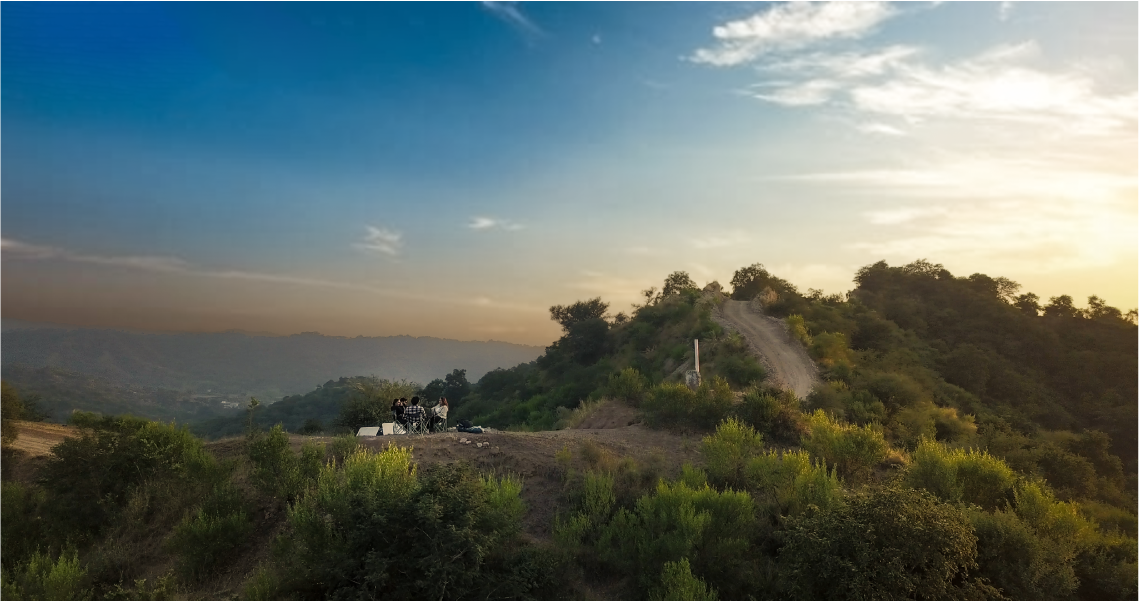
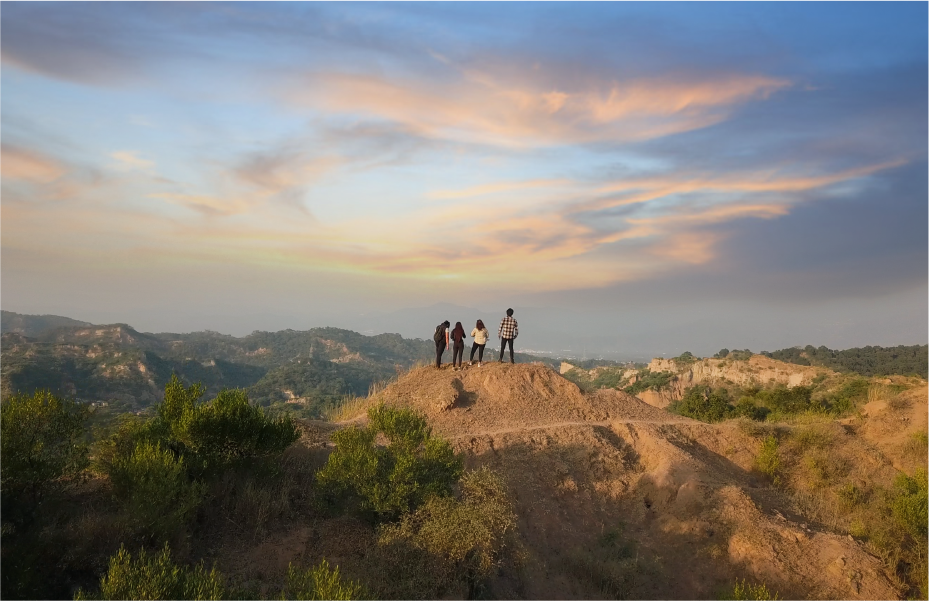
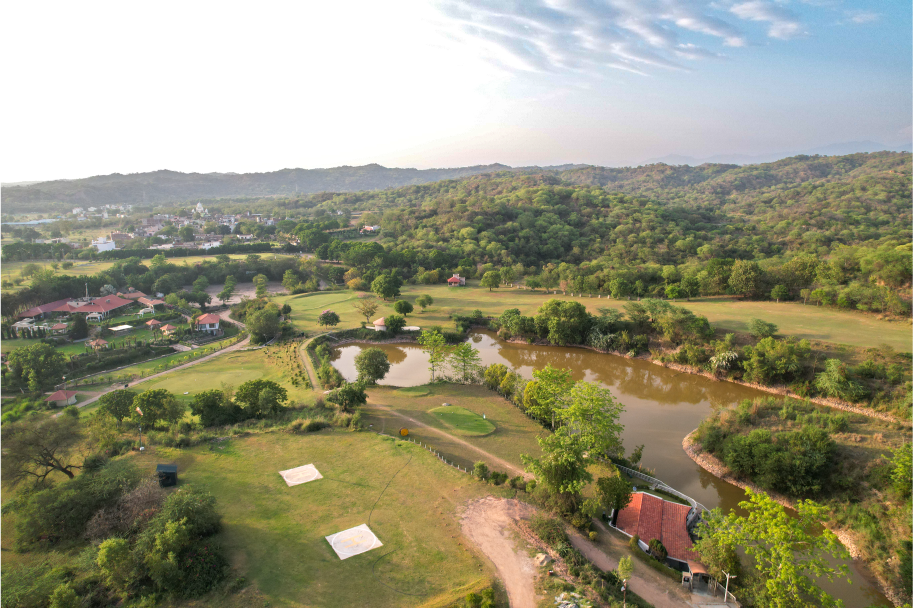
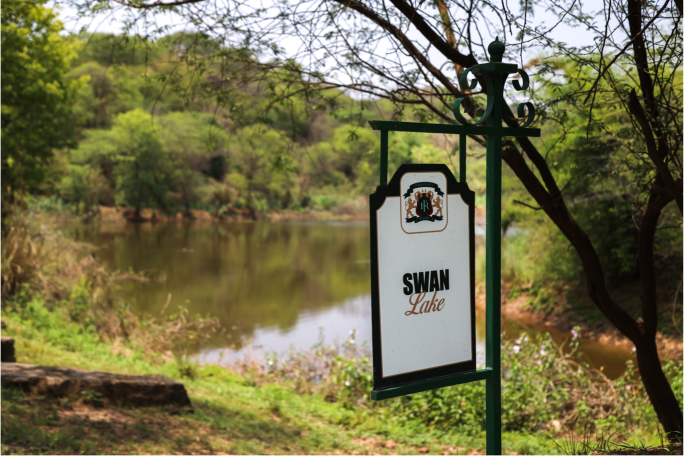
Experiences
There is a wide array of indoor games and a library. For those who want to explore the magnificent outdoors, nature treks, birdwatching, drives and playing at the 12-hole golf course are great options.
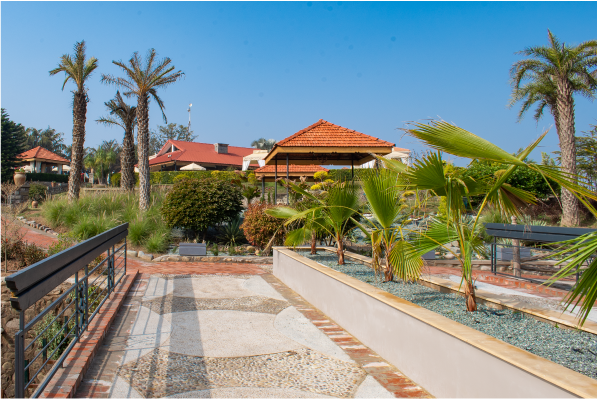
Sustainability
TUTC is strongly committed to sustainability and reducing its carbon footprint and takes several measures and efforts at the various campsites. The use of steel flasks instead of packaged drinking water, LED lights in the camps, zero plastic policy, usage of low flow faucets for water conservation, responsible waste management, and solar energy use are just some of the measures implemented at the various camps. TUTC also ensures environmental, social, and economic sustainability and development at all its camps.
